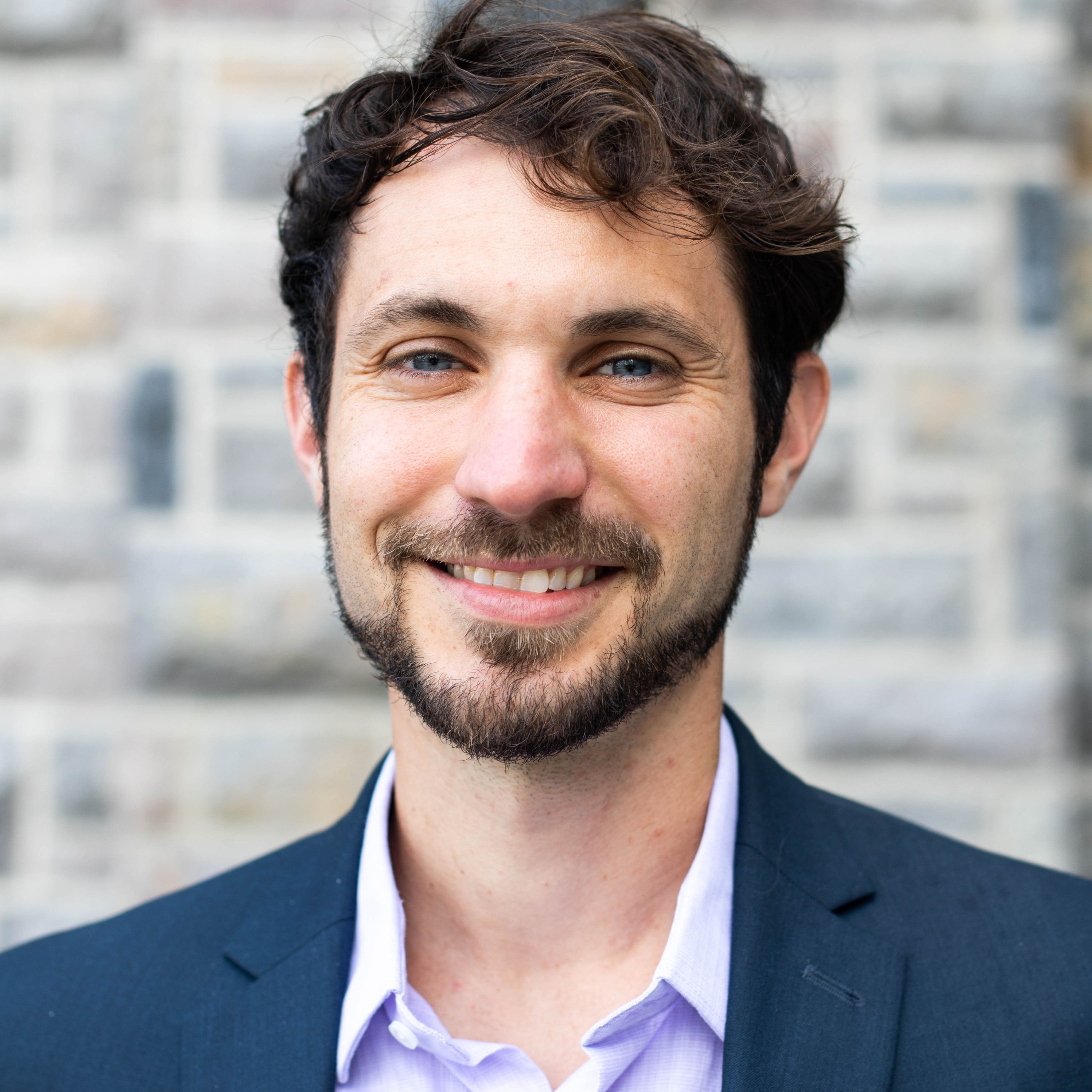Winter 2019: Rodrigo Sarlo

Rodrigo Sarlo
Assistant Professor
Department of Civil and Environmental Engineering
PhD Mechanical Engineering, Virginia Tech
MS Mechanical Engineering, Virginia Tech
BS Mechanical Engineering, University of Virginia
Email sarlo@vt.edu
How do you see your work contributing to the goals and vision of IIHCC?
My specialties structural dynamics, large-scale experiments, and signal processing. The key factor that is missing right now is that there is a lot of work being done in data analytics and machine learning, but these methods still struggle to handle abstract data from physical sensors like accelerometers, strain gauges, fiber optic sensors, etc. There is a real need in this space for intelligent signal processing to be able to extract the right features to make data analytics more feasible for these types of sensors. That’s one area where experimentation, especially large scale, is going to be very important, especially in terms of natural hazards and looking at how structures behave under different environmental conditions. For example, just trying this idea of vibrations and structural dynamics and expanding on that and seeing how we can use that information to look at how a building responds to wind. How does a building respond to a lot of occupants? What can we tell about the occupants themselves from the way this building responds? These are things that still have not been really explored. You can basically use the building, or any structure really, as a sensor itself to learn more about the environment.
What other areas outside of your discipline would you entertain for future research and proposal work?
One that I’ve been thinking very strongly about these days is psychology, once again relating to sensor data. How do we visualize this data effectively? When trying to make decisons about a structure, what kind of data does a per-son really need right now and how do they need to interpret it? How much information do we need or how useful is it? I’ll give you an example: maybe we can densely instrument a structure and make it ultra energy-efficient, but maybe the reduction in energy consumption is negligible versus what you would get from just getting people to consume less in general. And that’s a psychological problem. A lot of these issues around the intelligent infrastructure area are at that crossroad between the actual technology and how people use the technology. It’s very hard to get away from psychology at a certain point, so, hopefully, I will be able to tie that into some of my future research to understand how people interact with the technology. Is the technology solving problems or is it creating more problems?


